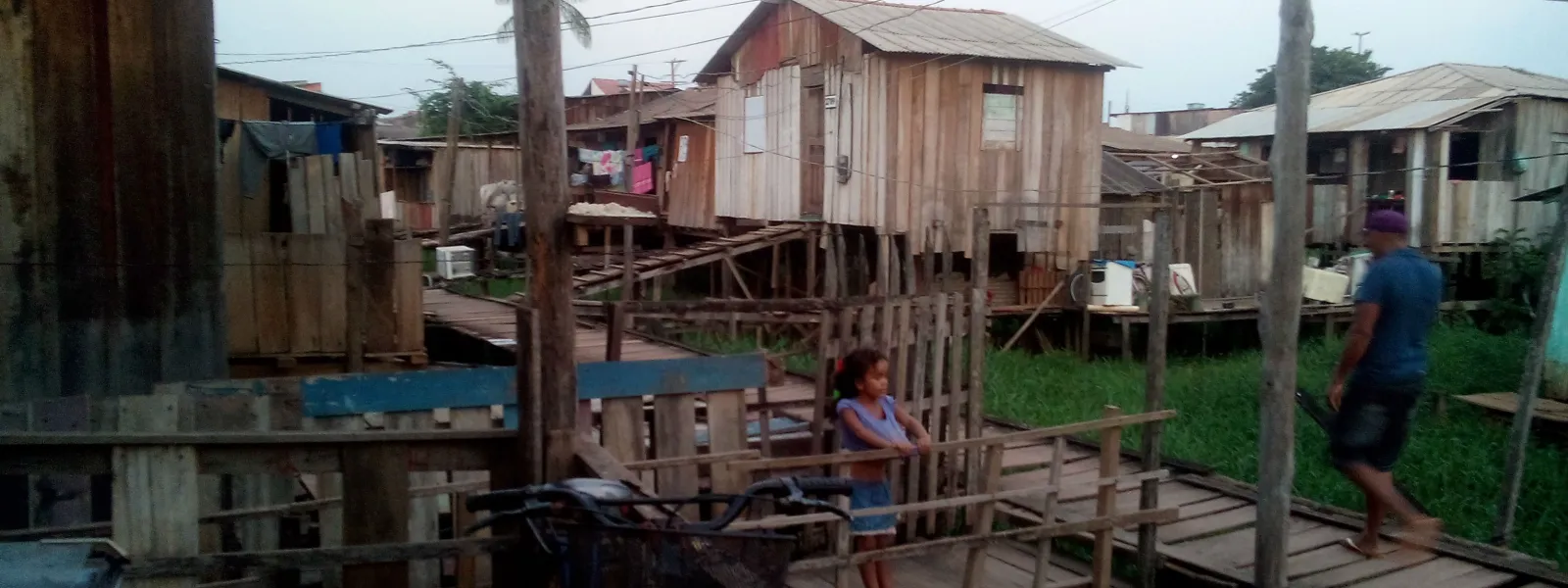
Brazilian Government questioned yet again by international human rights body over Belo Monte Dam controversy
Brasilia, Brazil - On April 11, the Inter-American Commission on Human Rights (IACHR), the human rights arm of the Organization of American States (OAS), asked the Brazilian government to explain reports of poor water quality and forced evictions in indigenous communities affected by the construction of the Belo Monte Hydroelectric Dam in the Xingu River Basin, Brazil.
This is the second time that the Inter-American Commission has asked the government to explain the health and human rights impact of construction since requesting precautionary measures in favor of indigenous communities in April of last year. The IACHR also repeated its request that Brazil detail specific measures designed to mitigate the dam’s impact. The commission gave Brazil 20 days to respond regarding the situation in the Xingu River Basin.
“We hope the Brazilian government will react quickly to this latest resolution by taking steps to protect the human rights of affected communities,” said Jacob Kopas, legal counsel with the Interamerican Association for Environmental Defense (AIDA).
The IACHR is currently reviewing an international lawsuit filed by the Xingu River Alive Forever Movement (MXVPS), Para Society for the Defense of Human Rights (SDDH), Global Justice, and AIDA. The lawsuit highlights the damages the project is causing to the Paquiçamba and Arara da Volta Grande Indigenous Reservations.
“The case before the IACHR aims for Brazil to meet its obligations under international human rights treaties,” explained Roberta Amanajás, lawyer with SDDH. “And in the Belo Monte case, there is abundant evidence these rights are being violated.”
This past January, indigenous communities downstream of the construction site registered several cases of diarrhea and skin rashes associated with the sudden deterioration in the water quality of the river, on which they depend for drinking, bathing and cooking. In response, the Brazilian Federal Public Ministry conducted an independent water quality analysis but results have not been published yet. According to Public Ministry officials, constant water control tests are necessary to avoid the risk of contaminating the river’s waters.
Another complaint under investigation by the IACHR concerns the forced eviction of impoverished, rural communities, in an area where most small farmers do not have formal deeds to their land. Fearing evictions without any compensation whatsoever, many families have accepted payments worth less than half the market value of their lands.
This was the case of farmers from the Santo Antonio village, where only 26 out of 252 rural properties had a formal deed. In one case, a farmer received only $3,775 USD for a property that would have fetched almost $12,000 USD on the open market a few years ago.
